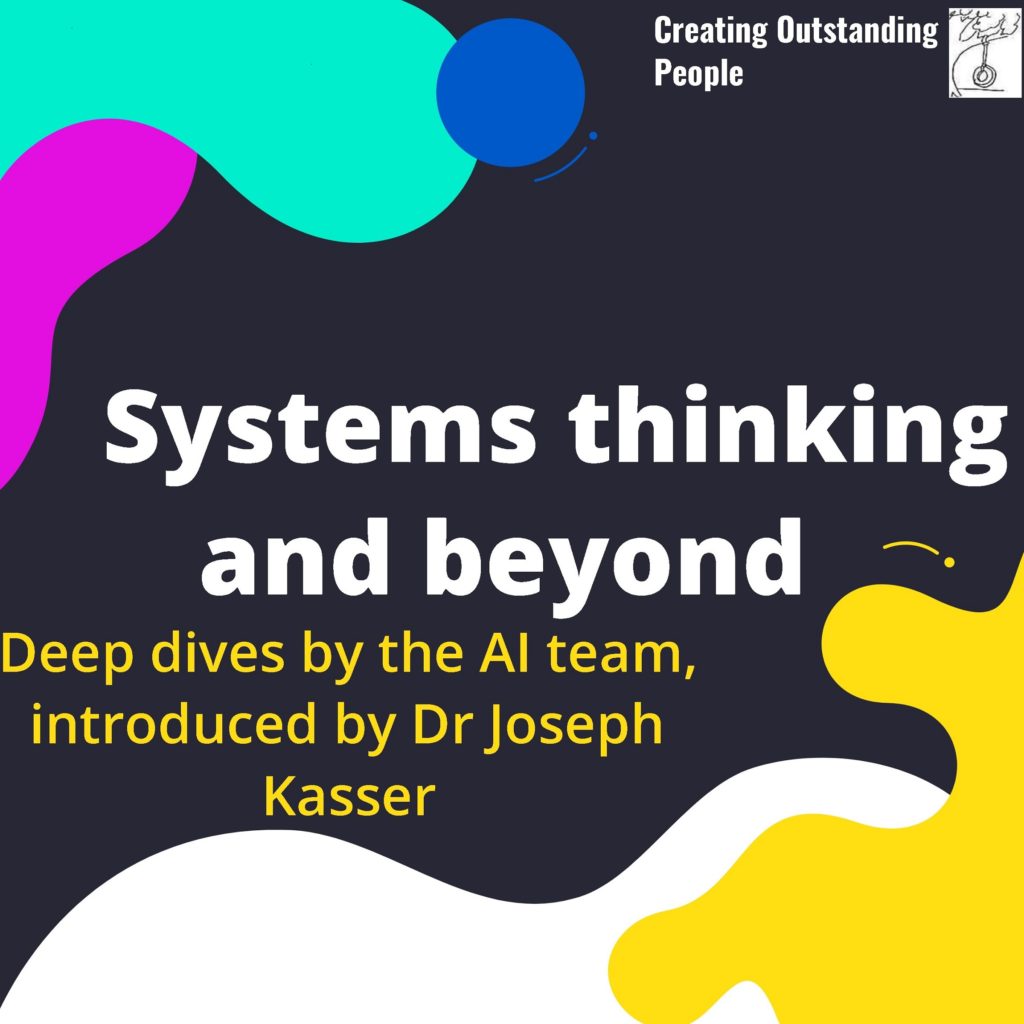-
I'm normally on line Thursdays at 9.30 pm London local time and 7 pm New York local time in the OASIS café at Zoom Meeting (office hours for drop in chats)
-
Meeting ID: 873 4055 1993
Passcode: 557756 -

Podcasts on systems engineering and systems thinking -
NEW WEBINAR Overcoming the top three obstacles faced by young project managers in their first few years
From obstacles to triumphs
From obstacles to triumphs: A project manager’s early career roadmap
-
-
If you are even thinking about enrolling in training, you need to watch my YouTube video Why selecting the wrong training course could cost you $1000s
Blog Archives
Help we have a QA problem
The AI team take a deep dive into a case study by Niels Malotaux, a project coach, on resolving a significant QA backlog caused by an imbalance between developers and testers. Malotaux implemented “Evolutionary Planning,” a methodology emphasizing iterative planning, continuous improvement (Plan-Do-Check-Act cycle), and proactive developer involvement in testing. This approach drastically reduced the backlog, improved customer satisfaction, and boosted sales. The core of the methodology involves breaking down tasks, estimating effort, identifying bottlenecks, … Continue reading
Comments Off on Help we have a QA problem
Hitchins’ Viable Systems Model
The AI team take a deep dive into Professor Hitchins concept of reference models for understanding systems, introducing his Generic Reference Model (GRM) from 1992, which encompasses form, function, and behavior. The text elaborates on these three aspects and then presents the Hitchins Viable Systems Model (H-VSM) as an evolution of the GRM’s function model. The H-VSM is depicted as a layered model for analyzing open, autonomous, and viable systems, applicable to various entities from individuals to … Continue reading
Comments Off on Hitchins’ Viable Systems Model
Holistic systems optimization
The AI team take a deep dive into a paper which proposes a holistic approach to optimizing complex systems by focusing on optimizing interactions between subsystems during the design phase, rather than optimizing individual subsystems afterward. Using a male-female sexual relationship as an initial case study, the author argues that this method yields superior results. The approach is then illustrated through diverse examples, including weapons systems, the Apollo program, and educational settings. The core concept centers on a two-subsystem model … Continue reading
Comments Off on Holistic systems optimization
Holistic Thinking and Technology Availability
The AI team take a deep dive into a technical note that critiques the Technology Readiness Level (TRL) system used by NASA and the DOD for assessing technology maturity, arguing that its focus on early-stage development is insufficient. It proposes a holistic thinking approach, advocating for a Technology Availability Window of Opportunity (TAWOO) that considers the entire technology lifecycle, from conception to obsolescence. The TAWOO incorporates a dynamic TRL (dTRL) to better predict future readiness … Continue reading
Comments Off on Holistic Thinking and Technology Availability
Holistic thinking: tools and strategies for problem solving
The AI team take a deep dive into a collection of excerpts from a book which centers around holistic and systems thinking as applied to various domains, including systems engineering, problem-solving, and decision-making. Author Joseph E. Kasser’s background in systems engineering and academia informs the text, which explores cognitive processes, communication strategies, and the nature of systems. The material presents numerous tools, techniques, and real-world examples to illustrate concepts such as brainstorming, critical thinking, and innovation. Furthermore, it examines how these … Continue reading
Comments Off on Holistic thinking: tools and strategies for problem solving
